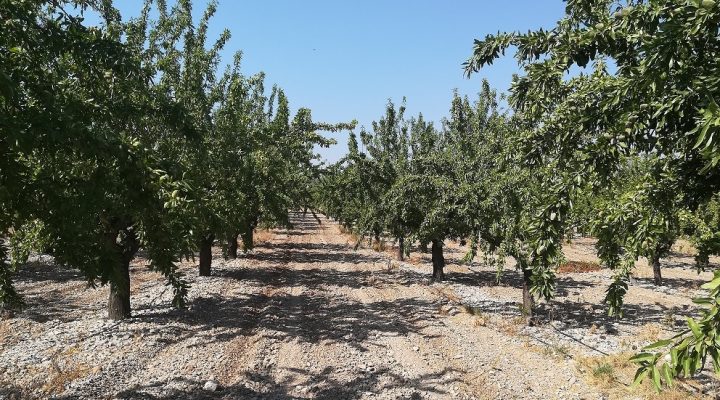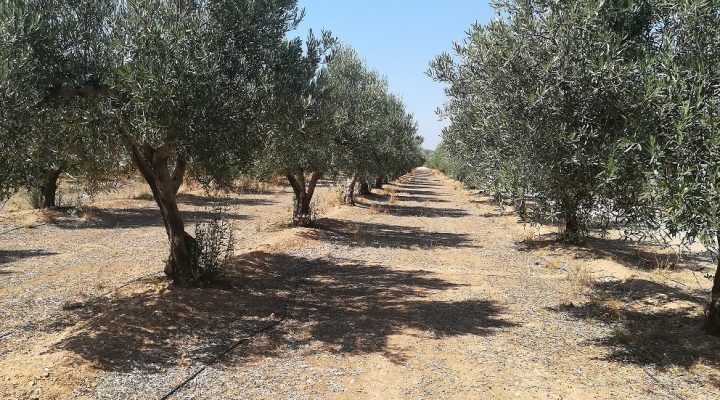The partnership between science and literature has long been a subject of love affair and exploration, with internet writers drawing inspiration from research concepts and discoveries to craft compelling narratives which captivate readers’ imaginations. From portrayal of scientists while heroes or villains to the exploration of ethical dilemmas along with philosophical questions raised through scientific advancements, fiction supplies a rich and diverse lens through which to examine the complexities of the scientific enterprise.
One of the central themes in the intersection of science and materials is the representation of analysts as characters in fictional works. Throughout literary history, analysts have been depicted in various tasks, ranging from brilliant innovators as well as intrepid explorers to morally ambiguous mad scientists along with sinister villains. These portrayals often reflect societal behaviour towards science and scientists, as well as broader cultural worries and aspirations surrounding research progress and technological progression.
Moreover, browse around this site the representation connected with scientific ideas and ideas in fiction provides a system for exploring complex research theories and ethical challenges in a narrative context. Scientific disciplines fiction, in particular, has long been any fertile ground for risky exploration of future technologies, choice realities, and existential queries raised by scientific enhancements. Writers such as H. R. Wells, Isaac Asimov, and also Arthur C. Clarke get crafted visionary narratives in which push the boundaries associated with scientific imagination and obstacle readers to contemplate the particular consequences of scientific breakthrough.
Furthermore, literary works typically grapple with the ethical implications of scientific research along with technological innovation, raising questions with regards to the responsible use of scientific information and the potential risks along with benefits of new technologies. Novels such as Mary Shelley’s “Frankenstein” and Aldous Huxley’s “Brave New World” explore typically the moral and ethical dilemmas posed by research experimentation and technological progress, warning of the dangers of unrestrained scientific hubris and the fretting of human dignity inside pursuit of scientific advancement.
As well as exploring the ethical dimensions of science, literature also offers experience into the human experience of research inquiry and discovery. Freelance writers such as Richard Powers, Hazel Barrett, and Alan Lightman delve into the personal and mental lives of scientists, exploring themes of passion, preoccupation, and intellectual curiosity in which drive individuals to pursue technological inquiry. Through nuanced characterizations and richly textured narratives, these authors illuminate our side of science, portraying scientists as complex in addition to multidimensional individuals grappling with all the joys and frustrations of discovery.
Moreover, the portrayal of science in books serves as a means of promoting public engagement with medical ideas and promoting scientific literacy. By weaving research concepts and principles straight into narrative storytelling, writers have the power to inspire curiosity and also ignite the imagination, telling readers to explore the wonders of the natural world and the secrets of the cosmos. Additionally , literature can serve as a bridge amongst the scientific community and the public, fostering dialogue and conversation between scientists and nonexperts and fostering a dark appreciation for the value and importance of scientific inquiry.
To conclude, the intersection of scientific research and literature offers a rich and fertile terrain intended for exploration and discovery, offering a platform for the representation connected with scientists, the exploration of scientific ideas, and the examination of the actual ethical and philosophical effects of scientific research. Through the portrayal of scientists seeing that characters in fiction towards the exploration of scientific concepts in addition to discoveries in narrative storytelling, literature offers a unique contact lens through which to examine the complexity of the scientific enterprise as well as its impact on society and lifestyle. As we continue to grapple while using challenges and opportunities of an increasingly technological world, case study of science in literature remains essential for fostering discussion, promoting scientific literacy, along with enriching our understanding of the human condition.











Compartir